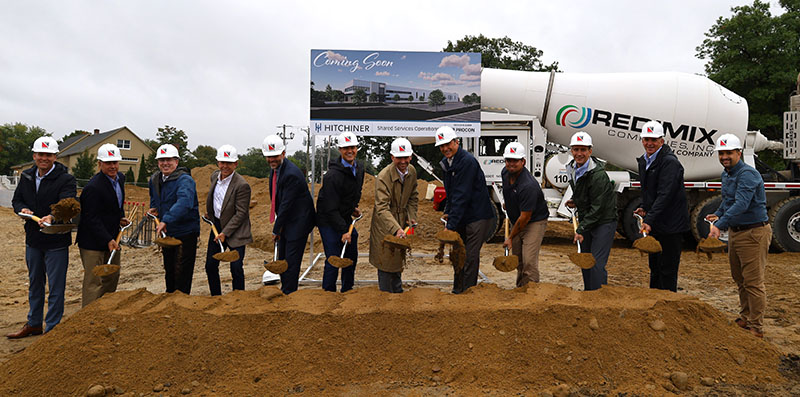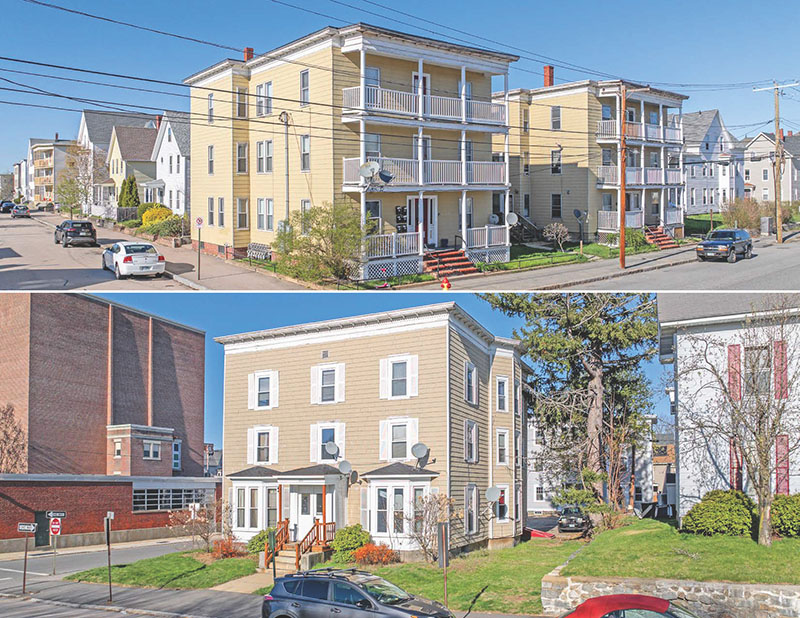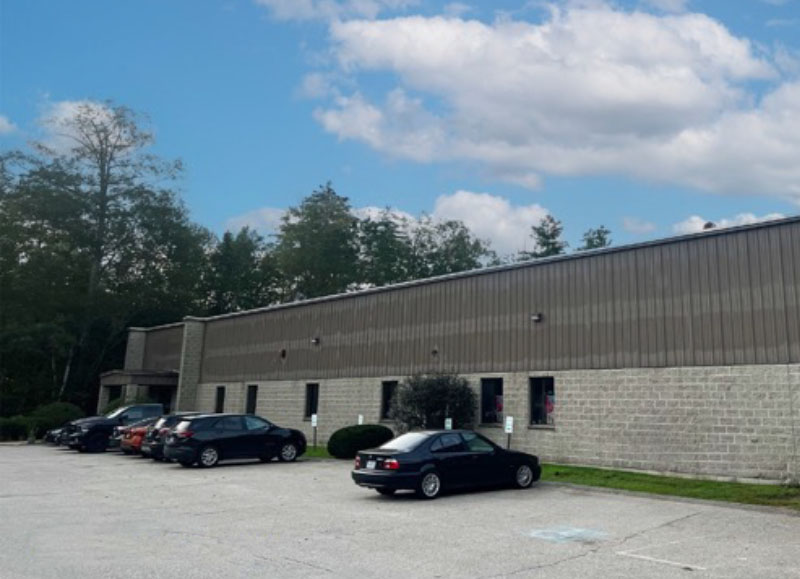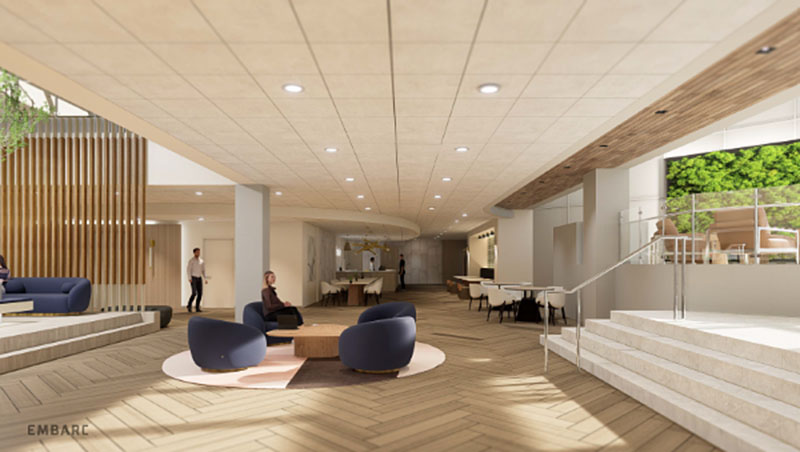News: Northern New England
Posted: October 2, 2007
Infrastructure-We enjoy the benefits, but if we don't pay to repair them now, we will pay more later
There have been many recent articles concerning infrastructure investments and projects. The bridge collapse in Minneapolis further highlighted this growing concern. As an active participant in transportation planning, most recently as a Citizen Advisory Committee member of NH DOT's Long Range Strategic Plan, I am familiar with the issues and the fiscal concerns. This is an especially timely topic in NH where Chuck O'Leary, the interim commissioner of transportation, has been the bearer of bad (but accurate) news that we are currently not able to maintain, never mind expand our highways.
Let's set the stage. The US economy is doing OK. Jeff Thredgold of Thredgold Economic Associates summarized in his most recent weekly email newsletter with the following. He expects:
* A mild recession is a possibility (40%),
* A declining budget deficit (only $150b for 2008!),
* Modest inflation pressures (less than 3%),
* Declining short-term interest rates,
* Soft coastal housing markets,
* An anxious but still impressive global economy.
Nobody likes taxes, especially when they are rising. But government services and entitlement programs are growing and they cost money. At the state level we face sharply rising costs to provide an "adequate" public education for all; health care programs; and subsidies along with mounting repairs and replacements of aging infrastructures. These are not isolated bridges and roads but water pipes, sewer pipes, treatment plants, dams, levees, flood control, intrastate highways, electrical transmission grids . . .
We enjoy the benefits of these utilities and infrastructures daily and have come to anticipate them to be reliable and cheap (even free!). But it ain't so. Roads wear down, bridges age (most are designed for a 50 year active life before refurbishment). The Minneapolis bridge could have been repaired for $2 million. Now we will spend $300 million to replace it. Ouch! For every benefit there is a cost! If we do not pay the costs of maintenance and refurbishing we cannot expect the benefit.
Transportation and other infrastructures are being privatized in many parts of the country. In Manchester, NH, the city sold its public parking garages. Large investors such as pension funds, insurance companies, Real Estate Investment Trust (REITS) and other investment entities are looking at returns from infrastructure investments comparable to commercial real estate. The good news is capital is already flowing to these projects. The bad news is they will no longer be publicly owned (i.e., free). In some instances the private sector may manage the asset better, but the initial buyer may not operate on a long-term time line. Recent experiences with REITS over the past 20 years show a significant level of buying, selling, flipping, etc. If a 100,000 s/f office building in metro Boston experiences stress due to financial or operational collapse of its owner, someone will ultimately step in (real estate 101 tells us that we should buy low and sell high). In a large office market if the landlord defaults on its obligation, the tenants can go to other buildings. But if a new owner of the Mass. Turnpike goes belly up, where do the commuters go?
In a few weeks I will be in San Francisco at the Counselors of Real Estate (CRE) annual convention titled "Taking the Long View." The privatization of infrastructure will be examined in detail. I am sure I will return much better versed on the pros and cons than I am as of this writing.
William Norton, CRE, FRICS, is president of Norton Asset Management, Manchester, NH.
Tags:
Northern New England
MORE FROM Northern New England
PROCON and Hitchiner break ground on 57,000 s/f shared services operations facility
Milford, NH Hitchiner, in partnership with PROCON’s integrated design and construction team, has officially broken ground on a new 57,000 s/f shared services operations facility at its Elm St. campus. This building will house value-added services used across Hitchiner’s various business units,

Quick Hits







.png)